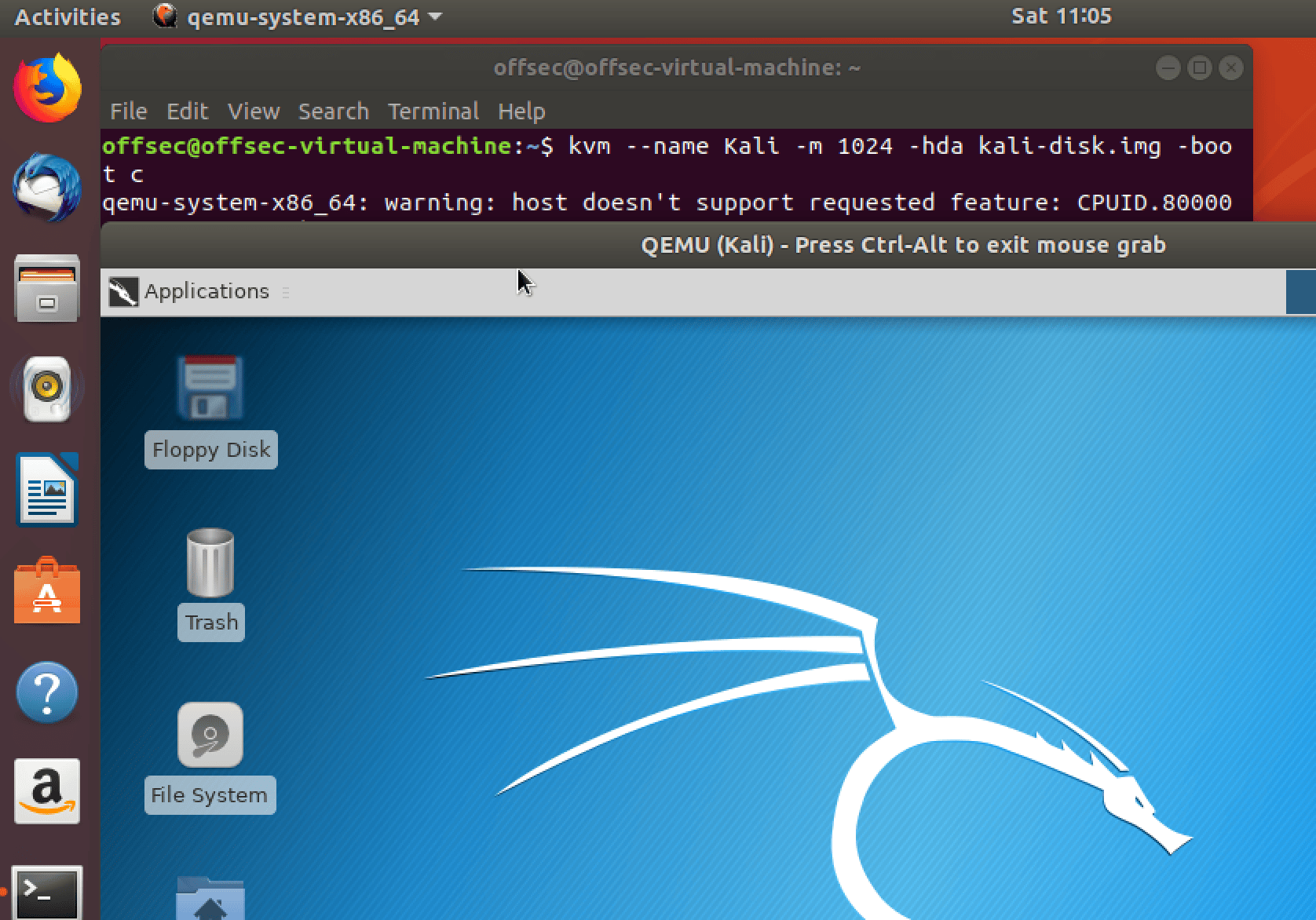

Doing this allows you to install the Proton VPN App. The following command updates the list of available packages and their versions. Protonvpn-stable-release_1.0.3_all.deb" | sha256sum -check. If you want to check the repo package integrity, you can check its checksum with the following command: echo "c409c819eed60985273e94e575fd5dfd8dd34baef3764fc7356b0f23e25a372c Our internal release process is split into several part and the release package is signed with a GPG key, and the repo is signed with another GPG key. Please don’t try to check the GPG signature of this release package (dpkg-sig –verify). For example: sudo apt-get install ~/Downloads/protonvpn-stable-release_1.0.3_all.deb sudo apt-get install with the path to where you download the file. In the terminal, enter the following text (followed by ). This package contains the repository configuration and keys that are required to install the Proton VPN app. Download our DEB package to install our repository If the build completes without errors, you’ll be able to install your newly-created package with dpkg.

With all of the dependencies installed, the dpkg-buildpackage command is all it takes to build your new version. Install any build dependencies if needed, as shown in the output of dpkg-checkbuilddeps: :~$ sudo apt install -y dh-autoreconf libnfc-dev libssl-dev dpkg-checkbuilddeps: Unmet build dependencies: dh-autoreconf libnfc-dev libssl-dev If dpkg-checkbuilddeps returns no output, that means you can proceed with the build, all of the dependencies are already satisfied. The output should be similar to the following, depending on what packages you already have installed. These need to be installed before you can build the package. :~$ vim examples/mifare-classic-format.cĬheck for any build dependencies the package may have. In our case, we modify an example file, mifare-classic-format.c. Make the changes needed to the source code of the package.

Downloading the Package Source :~$ # Get the source package In this example, we will rebuild the libfreefare package in order to add some extra hardcoded Mifare access keys into the mifare-format tool.īefore anything else, ensure that the deb-src line in /etc/apt/sources.list is not commented out.

Kali Linux is easy to customize at a per-package level, and it’s equally simple to make modifications to individual packages and rebuild them from their source code for inclusion in your custom ISO or on your desktop install.Īccomplishing this is a simple three-step process:


 0 kommentar(er)
0 kommentar(er)
